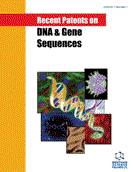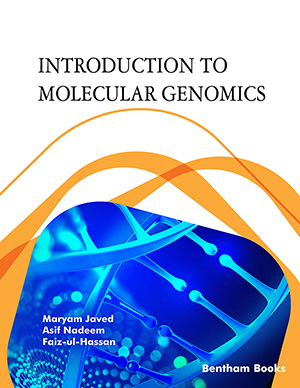Abstract
In recent years, many pharmaceutical and biotechnology companies have shifted their drug development for infectious diseases from antibacterial to antiviral discovery. This trend reflects the large population involved in viral diseases, the need for chronic or long-term treatment, and significant unmet needs. In particular, human immunodeficiency virus, hepatitis C virus (HCV), and hepatitis B virus have been the focus of drug development, representing important areas of future growth. This report provides an overview of the most recent patents relating to HCV molecules as targets for therapeutic intervention, outlining the key drug targets and steps where pharmacological intervention can have a favorable therapeutic benefit. Historically, HCV drug development has been hampered by the lack of reliable cell culture systems and animal infection models. However, early research studies have identified new models of HCV infection, and the better acknowledgment of the viral lifecycle have allowed the identification of several highly promising targets, including protease, helicase, polymerase or inhibitors of virus attachment, which are considered drug candidates that can potentially change the treatment of HCV.
Keywords: Hepatitis C virus (HCV), Pegylated interferon and ribavirin, HCV RNA replicon, hepatocyte, autoprotease (NS2-3), serine protease (NS3), helicase (NS3), RNA-dependent RNA polymerase (NS5B), HCV genotypes
 4
4











